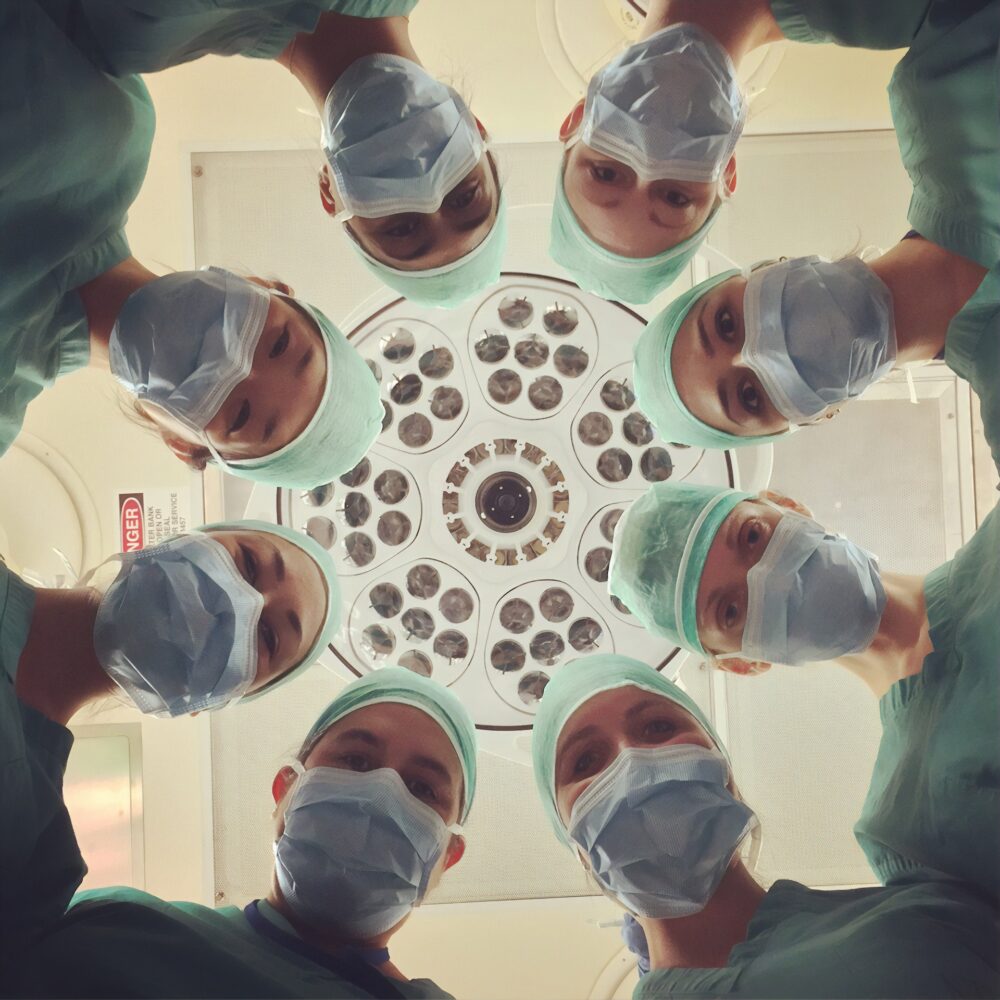May 2023
By: Jasmine Lopez
Language barriers exist between patients and healthcare professionals in the United States. An investigation conducted by Al Shamsi et al. published in the National Library of Medicine found that “language barriers in healthcare lead to miscommunication between the medical professional and patient, reducing both parties’ satisfaction and decreasing the quality of healthcare delivery and patient safety. In addition, the review found that interpreter services contribute indirectly to increased cost and the length of treatment visits” (2020). This study highlights the substantial impact language barriers can have on health professionals and patients and emphasizes the importance of a diverse health professional workforce that can speak different languages.

The Summer Health Professions Education Program aims to increase the representation of underrepresented students in the health professions. As a part of SHPEP, I have had the opportunity to embrace what makes me unique as I pursue a career in medicine and learn about the unique backgrounds of fellow SHPEP leaders. Addressing language barriers is of personal importance to me based on my global experiences as a military child who’s lived in England and Germany. Speaking in Spanish with members of my family from Mexico, my passion for global health and traveling worldwide, and my dream of becoming a future doctor who will serve underserved populations in medicine come with the realization that it’s critically important to communicate effectively with people who speak different languages.
I am honored to highlight fellow SHPEP scholars who share the passion for becoming the next generation of healthcare professionals who will work towards decreasing language barriers in medicine.
Rewan Ahmed: Future Dentist Passionate About Speaking Arabic
The importance of speaking another language, in my case Arabic, is to close the language barrier gap prevalent between oral health importance and the provider. Speaking Arabic to me as a future health professional allows me to help people who look like me and have similar roots, as if I’m helping my family to better their knowledge and eliminate a barrier that might be holding them back and affecting their health. A translation can save a life, and I’m glad to participate in this change.

For example, the first general dentist I shadowed was an Egyptian like myself, and even with all of his patients, his communication and listening skills were terrific. The patients were freely expressing themselves, and even the Arabic-speaking patients could communicate any worries they had, and the dentist reassured them. This should be the norm, as they are patients that need to be understood to be able to provide care, but unfortunately, the barrier is vast; however, these steps definitely make a difference. Shadowing at that office allowed me to envision myself doing the same in the future due to the impact I saw firsthand.
Robert Carbajal: Future Doctor Passionate About Speaking Spanish
The importance of speaking the language as a healthcare professional is that you remove the disconnect you sometimes see between physicians and their patients. I interpret for patients and providers; something I noticed is reduced when providers and patients do not speak the same language: the human aspect of medicine. Providing empathetic and compassionate care is an essential part of medicine. A physician who speaks Spanish or the language of their patients can provide this care with fewer hoops and hurdles.

Rafa Hossain: Future Dentist Passionate About Speaking Bangla
Speaking Bangla is an essential part of my identity as a Bangladeshi American. This language holds great significance since Bangladesh is the only nation to have fought for it. Being able to speak Bangla will be valuable in my future career. As a dentist, speaking a patient’s language will build trust, ensure accurate information, and increase patient satisfaction. Overall, speaking Bangla will help build better relationships and establish a sense of community with patients.

Mariam Khoshi: Future Dentist Passionate About Speaking Chaldean (Neo-Aramaic) & Arabic
Dentistry is a diverse field where providers can work with different patients daily. The importance of speaking the languages I grew up with will allow me to better connect with my future patients while enabling them to trust me with their oral health, not only as a clinician but as a person. Working as a dental assistant and being able to communicate with my Middle Eastern patients who could not speak English pushed me to want to continue speaking these languages so that I could use them as a future healthcare provider.

Noor Abduljaleel: Future Doctor Passionate About Speaking Arabic & Turkish
Growing up, my family and I lived in several countries where the language was indeed a barrier. During doctor visits, it took a lot of work for me as a patient to communicate my needs with a health provider or trust a healthcare provider due to miscommunication or a lack of cultural competence. By going into health care and becoming a physician, I hope to be a part of the change I wish I had seen growing up. To enable effective communication as patients come from diverse linguistic and cultural backgrounds, and not all of them may speak the same language as the healthcare provider. Speaking in the patient’s native language can help ensure that the patient understands their medical condition, treatment options, and potential risks or complications. I’ve seen this improvement while shadowing doctors and translating for my family.

Molly Bach: Future Pharmacist Passionate About Speaking Vietnamese
The importance of speaking Vietnamese as a future health professional is vital to communicating with patients effectively in the clinic because this reduces health disparities within the healthcare system. My family has inspired me to become a future health professional because I want to provide quality care for patients who do not have English as their first language in a comfortable and safe environment.

Work Cited
Al Shamsi, H., Almutairi, A. G., Al Mashrafi, S., & Al Kalbani, T. (2020). Implications of language barriers for healthcare: a systematic review. Oman medical journal, 35(2), e122.

